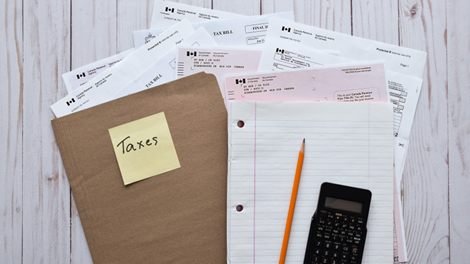
Last week the CRA issued the draft version of T4217 - Payroll Deductions Formulas for Computer Programs - 88th Edition - Effective January 1, 2009. This obscure document provides the details of the tax brackets and rates applicable to 2009. The indexation factor that applies to federal amounts is 2.5% for 2008. For the various provinces, the indexation factor varies from 0% for provinces who do not apply indexing to their rates and amounts to a maximum of 3.8% in Alberta.
Federal Tax Brackets for 2008 and 2009
2008 Taxable Income Range
Tax Rate
2009 Taxable Income Range
Up to $37,885
15%
Up to $38,832
$37,886 to $75,769
22%
$38,833 to $77,664
$75,770 to $123,184
26%
$77,665 to $126,264
Over $123,184
29%
Over $126,264
Tax rates remain at the same levels, but the brackets have been indexed by 2.5%
Federal Personal Amounts for 2008 and 2009
Personal Amounts
2008
2009
Basic Personal
Maximum Claim
$9,600
$10,100
Age
Maximum Claim
$5,276
$5,408
Base Amount
$31,524
$32,312
Spouse or Common-Law Partner
Maximum Claim
$9,600
$10,100
Reduced by net income over
$0
$0
Eligible Dependants
Maximum Claim
$9,600
$10,100
Reduced by net income over
$0
$0
Children under 18
Maximum Claim (per child)
$2,038
$2,089
Infirm Dependants
Maximum Claim
$4,095
$4,198
Reduced by net income over
$5,811
$5,956
Canada Employment
Maximum
$1,019
$1,044
Public Transit Passes
Maximum
None
None
Children's Fitness
Maximum
$500
$500
Adoption Expenses
Maximum Claim
$10,643
$10,909
Pension Income
Maximum Claim
$2,000
$2,000
Caregiver
Maximum Claim
$4,095
#4,198
Reduced by net income over
$13,986
$14,336
Disability
Basic Amount
$7,021
$7,196
Supplementary Amount
$4,095
$4,198
Base Child Care Amount
$2,399
$2,459
Tuition, Education, and Textbook
Minimum Tuition
$100
$100
Full-time Education Amount+ Textbook Amount (per month)
$400+$65
$400+$65
Part-time Education Amount+ Textbook amount (per month)
$120+$20
$120+$20
Medical Expenses
3% limitation
$1,962
$2,011
Refundable Medical Expense Supplement
Maximum
$1,041
$1,067
Base Family Income
$23,057
$23,633
Canada Pension Plan Contributions for 2008 and 2009
The maximum pensionable earnings under the CPP (Canada Pension Plan) for 2009 will increase from $44,900 to $46,300. This translates to a maximum employer and employee contribution in 2009 of $2,118.60, increased from a maximum of $2,049.30 in 2008.
The basic exemption of $3,500 will remain the same in 2009 as will the contribution rate of 4.95%. The self-employed rate of 9.9% will also remain unchanged for the year.
Employment Insurance Premiums for 2008 and 2009
The maximum insurable earnings for Employment Insurance purposes increase to $42,300 but the premium rate remains at 1.73% for a maximum annual premium of $731.79 for all provinces (up from $711.03) except Quebec where it is reduced to 1.38% for a maximum premium of $583.74. For 2009, the maximum earnings for the Quebec Parental Insurance Plan (QPIP) are $62,000 with a rate of 0.484% for a maximum annual premium of $300.08.


